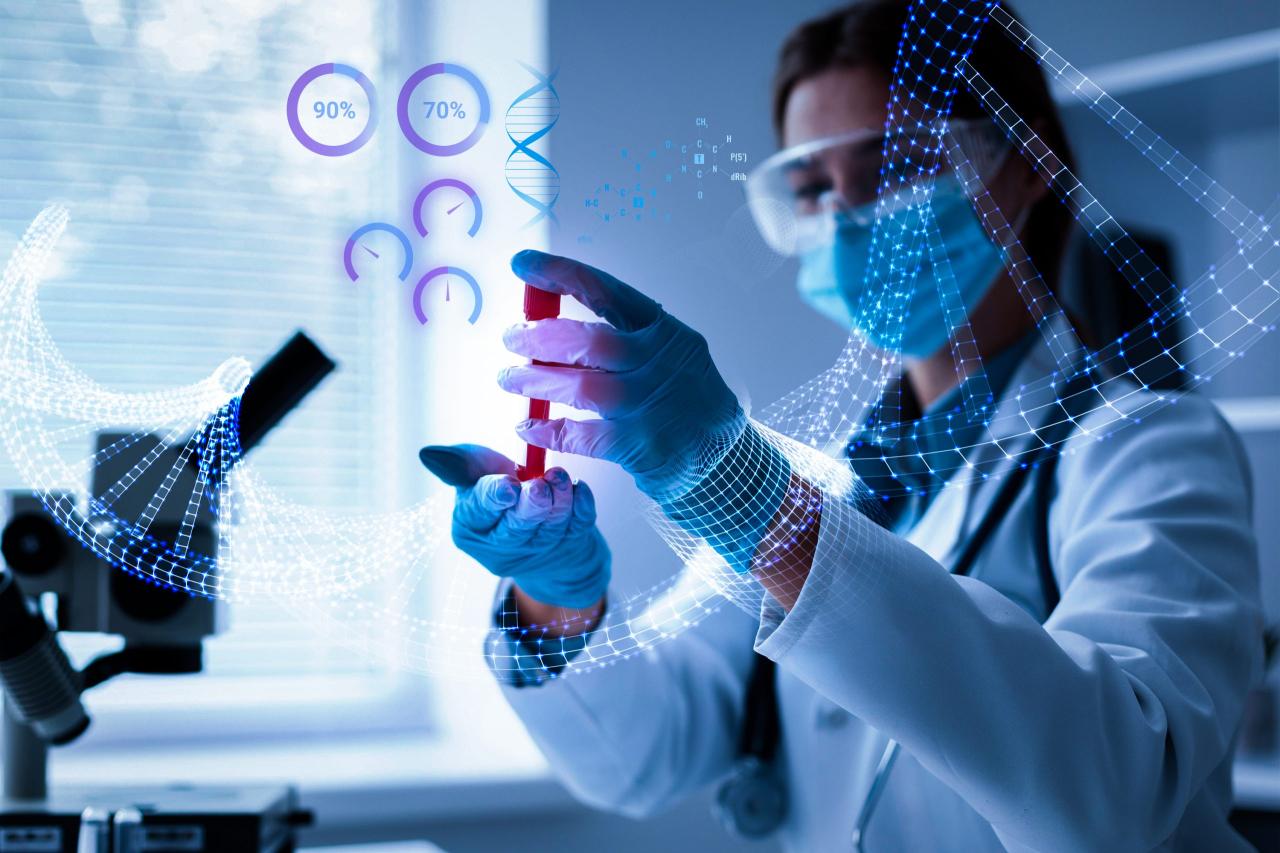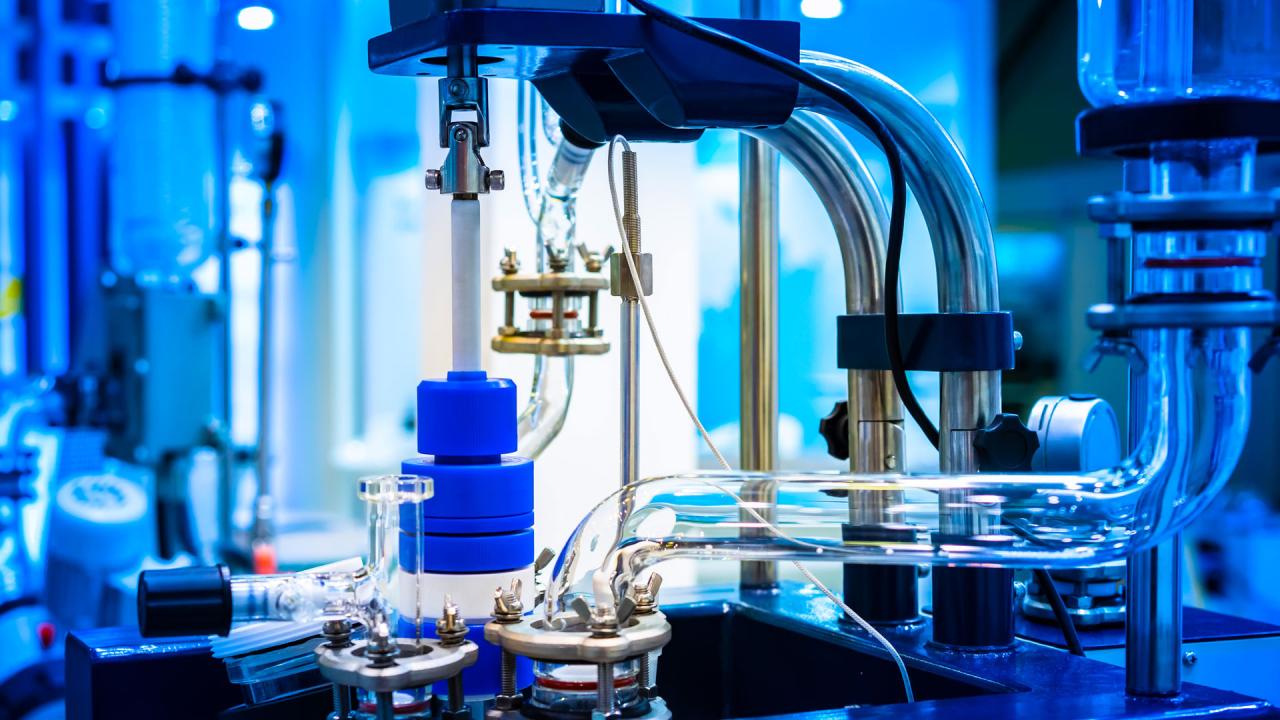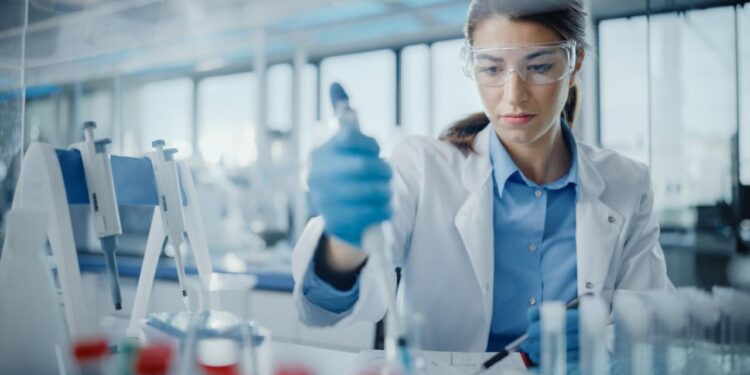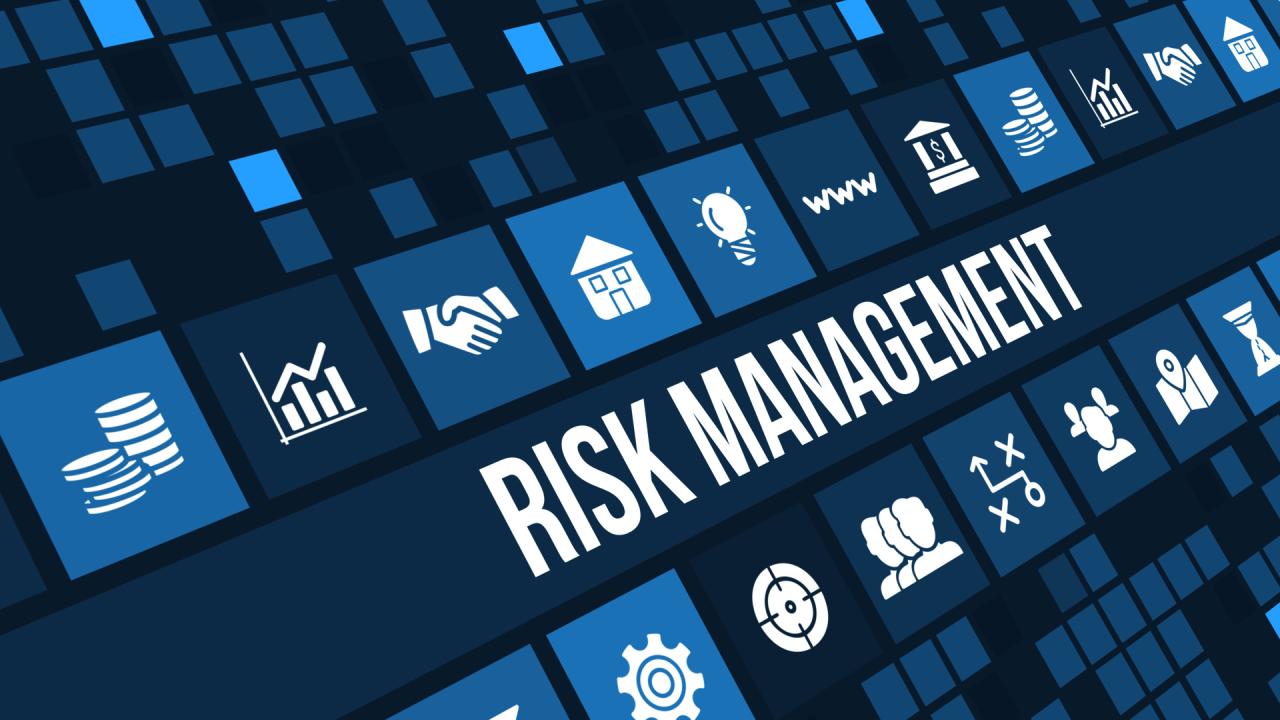The 21st century is witnessing a revolution in a field that is as old as life itself: biotechnology. From the ancient practices of fermentation to the modern marvels of genetic engineering, humanity has long sought to understand and manipulate the building blocks of life. Today, we stand on the cusp of a new era, one where groundbreaking biotech innovations are not just treating diseases but are fundamentally changing how we approach health, agriculture, and the very essence of human existence. This isn’t just about a new drug or a new crop; it’s about a complete paradigm shift, a future where we can write our own genetic code, cure once-incurable diseases, and create a more sustainable world.
This comprehensive guide will take a deep dive into the most significant and transformative innovations in the field of biotechnology. We’ll explore the power of CRISPR and genetic editing, the rise of personalized medicine, the groundbreaking potential of synthetic biology, and the ethical considerations that come with wielding such immense power. By the end, you will have a clear understanding of why these innovations are not just a trend but a powerful and transformative force that will redefine our lives for generations to come. The era of the bio-revolution is here, and its impact will be felt in every aspect of our world, from the lab to our daily lives.
A. Genetic Engineering and the CRISPR Revolution

Genetic engineering is a field that has been around for decades, but the invention of a new tool, CRISPR-Cas9, has accelerated its pace to a level that was once unimaginable. CRISPR is a powerful gene-editing tool that allows scientists to make precise, targeted changes to an organism’s DNA, much like a word processor allows you to edit a document. This technology has unlocked a new era of possibilities, from curing genetic diseases to creating more resilient crops.
-
- A. The Mechanics of CRISPR: CRISPR (Clustered Regularly Interspaced Short Palindromic Repeats) is a natural defense system found in bacteria. It uses a guide RNA molecule to locate a specific sequence in a virus’s DNA and a protein called Cas9 to cut it out. Scientists have co-opted this system to edit the DNA of any organism, from plants to humans. They can design a guide RNA to find a specific gene and then use Cas9 to cut it out, replace it, or add a new gene.
- B. Curing Genetic Diseases: The most profound application of CRISPR is in the field of medicine. It has the potential to cure a wide range of genetic diseases, from cystic fibrosis and sickle cell anemia to Huntington’s disease. By editing the faulty gene that causes the disease, scientists can correct the problem at its source, providing a permanent cure rather than a temporary treatment.
- C. Revolutionizing Agriculture: CRISPR is also poised to revolutionize agriculture. Scientists can use it to create crops that are more resilient to drought, pests, and diseases. They can also use it to create crops that are more nutritious or that have a longer shelf life. This has the potential to solve the global food crisis and to create a more sustainable and equitable food system.
-
- D. The Ethical Dilemma: CRISPR also raises profound ethical questions. Should we use it to enhance human capabilities, to create “designer babies” with a specific set of traits, or to eliminate genetic diseases? The power of genetic editing is immense, and it is a conversation that society must have before the technology outpaces our ability to regulate it.
B. Personalized and Precision Medicine
The traditional “one-size-fits-all” approach to medicine is slowly giving way to a new era of personalized and precision medicine. This is a field that uses an individual’s unique genetic makeup and lifestyle to create a treatment plan that is tailored to their specific needs. It’s about a move from treating a disease to treating a person.
- A. The Power of Genomics: Genomics is the study of a person’s entire set of DNA. By sequencing a person’s genome, a doctor can identify their genetic predispositions to a wide range of diseases, from cancer to heart disease. This information can be used to create a personalized prevention plan, with a focus on a healthy diet, exercise, and a regular check-up.
- B. Targeted Cancer Therapies: The traditional approach to cancer treatment, chemotherapy, is a blunt instrument that can harm both healthy and cancerous cells. Personalized medicine is creating a new generation of targeted cancer therapies that are designed to attack a specific genetic mutation in a tumor. These therapies are more effective and have fewer side effects, as they are not harming healthy cells.
- C. Pharmacogenomics: Pharmacogenomics is the study of how a person’s genes affect their response to a drug. A doctor can use a person’s genetic information to determine which drug will be most effective and what the optimal dosage should be. This can reduce the risk of a negative side effect and can make the treatment more effective.
- D. The Microbiome and Gut Health: The microbiome is a complex ecosystem of bacteria, viruses, and fungi that live in your gut. Research has shown that a healthy gut is strongly linked to a healthy immune system and a healthy mind. Personalized medicine is using this information to create a treatment plan that is focused on a healthy diet, probiotics, and a balanced lifestyle to improve gut health and, by extension, overall health.
C. Synthetic Biology
Synthetic biology is a field that is at the intersection of biology and engineering. It’s a field that is not just about editing a living organism; it’s about designing and building a new one from the ground up. It’s a powerful and transformative field that has the potential to solve some of the world’s most pressing problems.
- A. The Bio-Foundry: A bio-foundry is a facility where scientists can design and build new biological organisms, much like a factory can build a new car. The scientist can use a computer to design a new DNA sequence, and the bio-foundry can synthesize it and insert it into a living organism. This process is highly automated and can be used to create a wide range of new biological products.
- B. The Future of Sustainable Manufacturing: Synthetic biology has the potential to revolutionize manufacturing. Scientists can engineer a living organism, like a yeast or a bacteria, to produce a wide range of products, from biofuels and bioplastics to new materials and chemicals. This is a much more sustainable and a much cleaner alternative to traditional manufacturing, which relies on fossil fuels and a wide range of toxic chemicals.
- C. The Future of Food: Synthetic biology is also poised to revolutionize the food industry. Scientists can engineer a living organism to produce a protein that can be used to create a meat substitute that has the same taste and texture as real meat. This has the potential to solve the global food crisis and to create a more sustainable and humane food system.
- D. The Fight Against Climate Change: Scientists can engineer a bacteria that can absorb carbon dioxide from the atmosphere and convert it into a useful product, like a biofuel or a bioplastic. This is a powerful and transformative solution to the global challenge of climate change, as it can both reduce emissions and create a new and sustainable product.
D. The Challenges and Ethical Considerations

The power of biotechnology is immense, and it also presents significant challenges and ethical considerations that must be addressed for it to flourish. These are not just technological problems; they are profound societal questions.
- A. The Safety and Regulation: The power to edit a living organism also comes with a new and significant set of safety and regulatory challenges. What if a genetically modified organism escapes into the wild and has an unintended consequence? What if a new bio-weapon is created? A clear and effective system for regulating the field is a non-negotiable requirement for the future of biotechnology.
- B. The Ethical Dilemma of Genetic Editing: The power of genetic editing raises profound ethical questions. Should we use it to enhance human capabilities, to create “designer babies” with a specific set of traits, or to eliminate genetic diseases? This is a conversation that society must have before the technology outpaces our ability to regulate it.
- C. The Accessibility and the Digital Divide: The power of biotechnology could also lead to a new form of digital divide, where the benefits are only accessible to a privileged few. The cost of a personalized treatment plan or a new genetic therapy could be astronomical. A clear and consistent effort must be made to make the benefits of biotechnology more accessible to everyone, regardless of their income or their location.
- D. The Public Perception: The public’s perception of biotechnology is a major hurdle. Many people are wary of “playing God” with a living organism, and they are concerned about the long-term consequences of genetic engineering. A clear and open conversation about the benefits and the risks of biotechnology is a crucial step toward building public trust.
Conclusion
Biotechnology is not a distant, futuristic concept; it is a powerful and transformative force that is already reshaping our world. From the groundbreaking power of CRISPR and genetic editing to the rise of personalized medicine and synthetic biology, these innovations are poised to change how we approach health, agriculture, and the very essence of human existence. They offer a powerful and compelling solution to some of the world’s most pressing problems, from a global food crisis to the ongoing fight against cancer. While the challenges of safety, ethics, and regulation are significant, they are not insurmountable. They are simply the next set of hurdles that we, as a society, must overcome to build a better, more equitable, and more sustainable future.
The most successful and lasting applications of biotechnology will be those that are built with a focus on a positive and meaningful human experience. It’s not just about creating a new drug or a new crop; it’s about creating a better, more personal, and more sustainable world. The future of biotechnology is a testament to the fact that innovation is a continuous process, and that the drive for a more healthy, a more prosperous, and a more sustainable world is a powerful and transformative force. By embracing these innovations, we are not just changing how we interact with technology; we are changing what it means to be human. The journey is just beginning, and the possibilities are endless.












